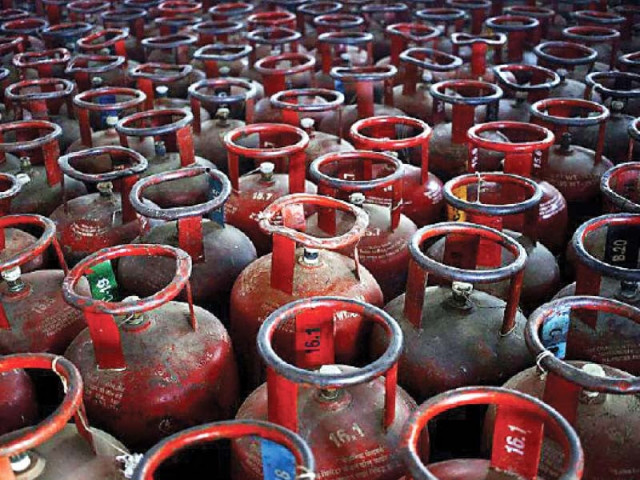LPG firms demand duty on cheap imports
Claim gas of poor quality is being purchased from Iran

Local liquefied petroleum gas (LPG) companies have called on the government to slap regulatory duty on LPG import from Iran in the upcoming budget for fiscal year 2024-25.
Background discussions with LPG firms revealed that the bulk of LPG was coming from Iran at lower prices, but the gas was of poor quality and could cause explosions, posing a threat to life and property.
They emphasised that the government should impose regulatory duty on LPG purchase from Iran to enable the local industry to compete fairly with the imported product. The legal LPG industry cannot import LPG from Iran owing to the fear of US sanctions. In this situation, small investors are making imports from the neighbouring country but they do not have any proper infrastructure like storage tanks.
On the other hand, legal investors are buying LPG from other countries at a loss of around $100 per ton, which makes their product uncompetitive in the domestic market.
They pointed out that the industry regulator had allowed LPG prices on a free-on-board (fob) basis but did not allow inclusion of freight, incidental and port charges that amounted to around $100 per ton.
In such a scenario, the government should impose regulatory duty on LPG import from Iran and also take safety measures by ensuring that only good-quality LPG is imported.
According to officials, the Petroleum Division is working on amendments to the new LPG policy and the Special Investment Facilitation Council (SIFC) has sought a briefing from the Petroleum Division.
Sources said that the SIFC wanted to improve the LPG infrastructure to enhance supplies across the country. In addition to the smooth supply, it is also seeking investment in the sector.
The Petroleum Division has drafted amendments to the LPG policy but it sparked concerns among different stakeholders. LPG companies are at odds with the government over its proposed intervention in the gas allocation outlined in the new LPG Policy 2024.
The policy envisages that LPG producers should allocate up to 10% of their production to Sui companies without any bidding, primarily for use in LPG air-mix plants in remote areas.
Additionally, 5% of production will be dedicated without bidding to marketing companies for supply in specific regions like Azad Jammu and Kashmir and Gilgit-Baltistan.
This allocation, totaling 15%, causes concerns about anti-competitive practices and is in conflict with the deregulation principles.
Under the new policy, LPG producers have the option to sell remaining production to their marketing subsidiaries under long-term contracts, provided they ensure gas distribution without resale.
Any surplus LPG will be sold through competitive bidding to the licensed marketing companies to promote transparency and efficiency.
However, industry officials have criticised the licensing process for the LPG marketing companies, alleging insufficient due diligence, resulting in over 200 companies without LPG allocation.
They advocated strict licensing criteria and the mandatory development of storages to ensure transparency and prevent scandals, like those happened in the past in relation to LPG allocation.
The government’s proposed allocation of 15% LPG to Sui companies without bidding has stoked concerns about the sector’s sustainability, particularly for non-Sui gas producers, which face potential losses and theft. This could exacerbate the circular debt crisis with the debt already exceeding Rs2 trillion in the gas sector.
Despite such concerns, the LPG industry has supported the fiscal incentives outlined in the policy, such as zero import duty on gas producing equipment, a 10-year tax holiday for new production and zero petroleum levy on the locally produced LPG.
Published in The Express Tribune, May 29th, 2024.
Like Business on Facebook, follow @TribuneBiz on Twitter to stay informed and join in the conversation.


















COMMENTS
Comments are moderated and generally will be posted if they are on-topic and not abusive.
For more information, please see our Comments FAQ